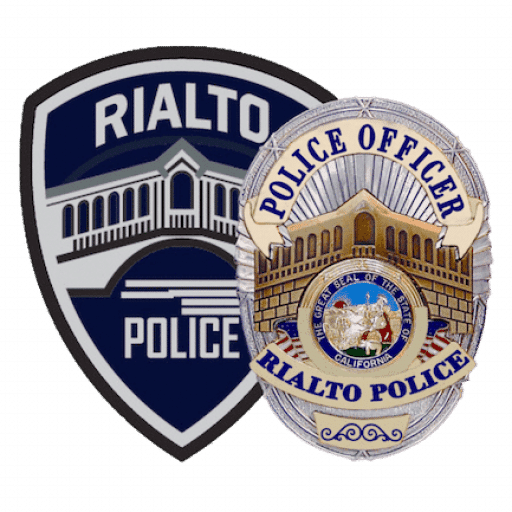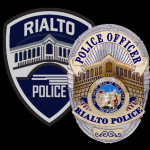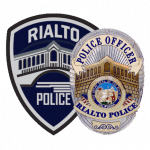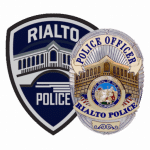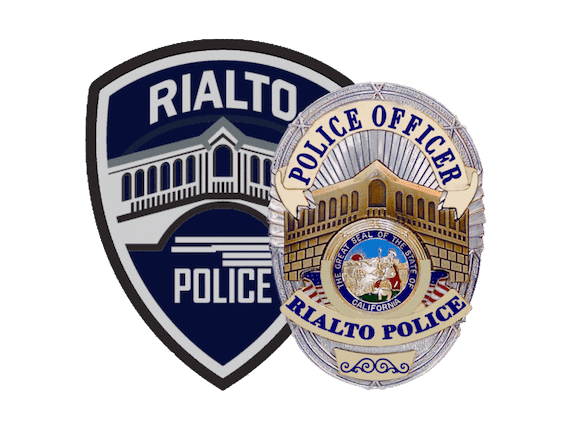California Public Records act
WHAT IS THE CALIFORNIA PUBLIC RECORDS ACT?
In 1968, the California Legislature enacted the California Public Records Act (CPRA) under Government Code (GC) sections 6250-6270. In its findings and declarations, mindful of the right of individuals’ privacy, the Legislature declared it was the publics’ right to access information concerning the peoples’ business.
WHAT IS A PUBLIC RECORD?
As defined in the Public Records Act, GC 6252 “public records include any writing containing information relating to the conduct of the public’s business prepared, owned, used or retained by any state or local agency regardless of physical form or characteristics.”
Police Reports
Based on this definition, the report of crimes and incidents written in the course of business of a law enforcement agency are public records and subject to release under CPRA with some exemptions.
WHO CAN INITIATE A PUBLIC RECORDS REQUEST?
Any person can make a Public Records request. However public disclosure is regulated by several different statutes dependent upon on the record. Such resources are Government Code 6250 et .seq. and 34090.6, Welfare and Institutions Code 827, California Vehicle Code 20012, Penal Code 841.5, 293, 11167.5 and 13300.
WHAT TYPES OF RECORDS ARE AVAILABLE?
The law requires law enforcement agencies to provide information the public has the right to know and at the same time, to withhold information if the release would jeopardize an individual’s right to privacy.
All agency records not exempted by statutory of case law are available. Certain records or portions of records are subject to privacy laws and/or other exemptions and are rarely ever available for viewing. Common public records requests are for:
- Arrest logs
- Calls for service logs
- Statistics
- Crime reports
- Accident reports
It is the responsibility of the law enforcement agencies to allow the public access to certain information obtained during the normal course of daily business.
Law Enforcement personnel must be aware of and apply the legal exemptions to the release of some information to protect individual privacy, safety and reputation.
GOVERNMENT CODE 6254 AND EXEMPTIONS
GC 6254 specifies exemptions in order to balance the individual’s right to privacy with the public’s need for information. Items that will most likely be redacted from Rialto Police Department public records are:
- Identifying juvenile information
- Identifying victim information associated with crimes to Penal Code Sections 261,264,264.1,273a,273d,286,288 or 289
- Identifying confidential informant information
- Criminal offender record information
- Information that may endanger the safety of a witness or the other person
- Information that may jeopardize an investigation, related investigation or law enforcement proceeding
- Any portion of the report that reflects analysis, recommendation or conclusion of the investigating officer
- Information that may disclose investigative techniques
- Information that may deprive a person of a fair trial
- Preliminary drafts, notes, or memorandums which are not retained in the ordinary course of business
- Records pertaining to pending litigation to which the city is a party until the litigation is adjudicated or settled
- Personnel, medical or similar files
HOW TO MAKE A PUBLIC RECORDS ACT REQUEST
A public records request for information from the Rialto Police Department can be started by contacting the Rialto Police Department. You will want to include the following information to ensure the scope of the request is understood and clear enough for personnel to determine if we have the records you are requesting.
- The date(s) of the record
- The subject of the record
- A clear and specific description of the record
- Any additional information that helps staff identify the record
- Your complete contact information, so that we may notify you when your request is available
Prompt access to public records is required by the CPRA (Government Code 6253). The 10– day period mentioned in the act is not a legal deadline for producing records. The 10-days allows the agency to review records, if it is not clear that they are public records. As soon as a determination is made, it will be at that time the records shall be released.
The rights under the CPRA provide for the inspection of public records or to obtain copies of identifiable records, it does not compel the agency to create lists or reports in response to the request.
Under Government Code 6253(b), Agencies may charge for the “direct costs” for providing copies of an identifiable record. For more information or to make a request, please contact the Records Supervisor at jmorales@rialtopd.com or call 909-820-2575.

